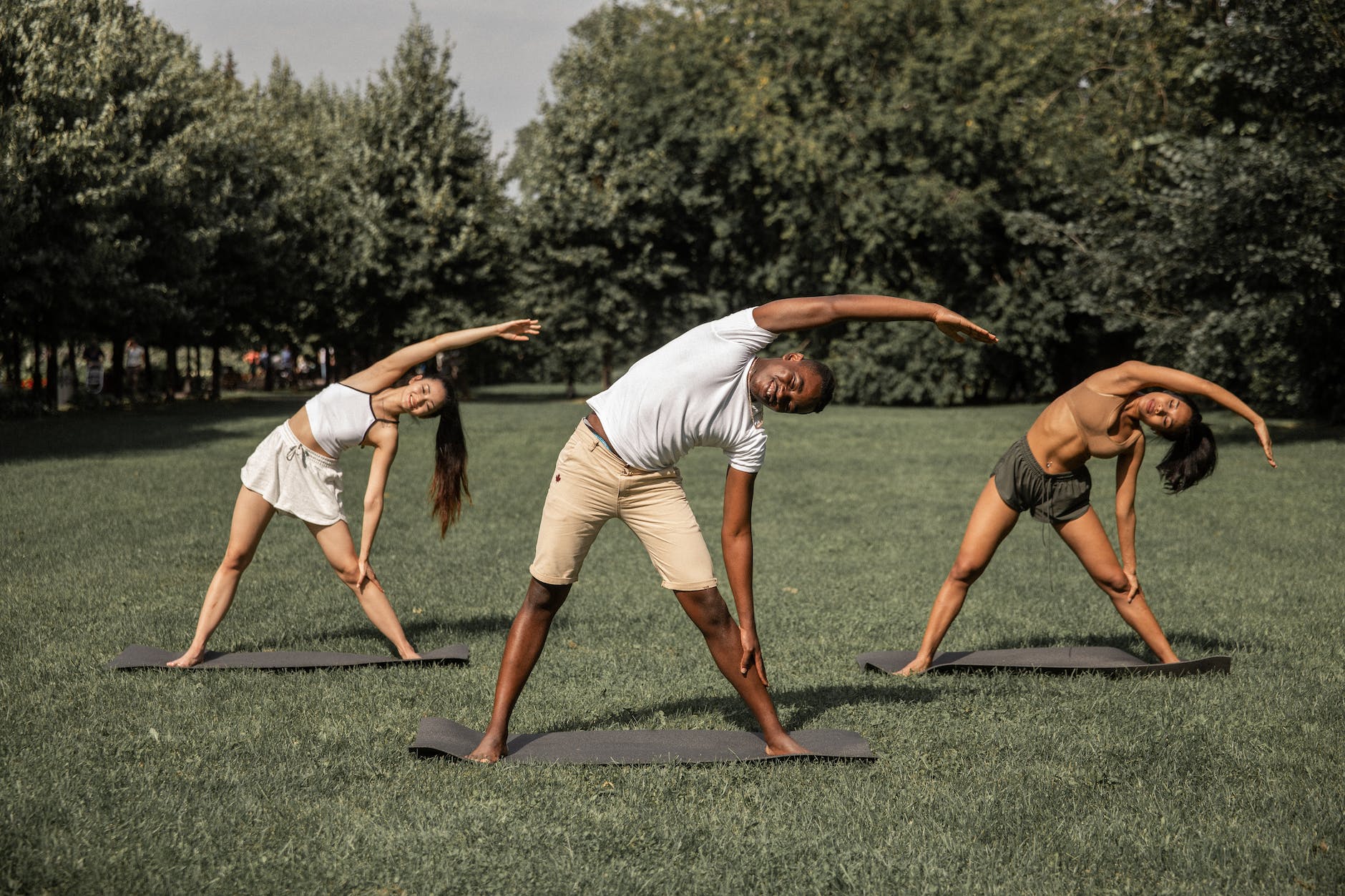In today’s busy and stressful life, more and more individuals are falling prey to an array of diseases. Blame stress or faulty dietary and lifestyle factors, chronic degenerative diseases are taking everyone in its grip. Drugs and medications do their job, but the root cause of the illness is often left untreated. Researchers and medical practitioners across the globe are suggesting meditation as one of the effective methods to reduce stress and induce a sense of inner well-being.
Let us understand the true meaning of meditation
In spite of receiving considerable popularity, meditation is still not well understood by many. Meditation is a technique for training the mind to stay calm and concentrate. Meditation is that state of consciousness, where your mind is at peace with itself and free from all sorts of thoughts. In other words, meditation is the state where you train your mind to calm down and free it from all sorts of mental anomalies. Once you can effectively train your mind to not get distracted by abstract thoughts and focus on one particular thing, you are said to have learned the basic principle of meditation.
By regularly practicing meditation, you tend to gradually attain inner peace and also enhance the quality of consciousness. You feel rejuvenated, more energetic, achieve a strong inner strength and feel relaxed.

Advantages of meditation
In order to experience the fruit of meditation, you need to practice it regularly. A few minutes from your busy schedule can really do wonders for your mental health. Meditation has a profound effect on the nervous system and also has a strong impact on the immune system as well. The following are the various advantages of meditation:
- Keeps you stress-free
- Keeps you more relaxed
- Enhances work productivity
- Adds more quality years to your life
- Reduces the risk of developing chronic degenerative diseases
- Lowers blood cholesterol
- Stabilizes blood pressure
- Helps you shed weight by improving metabolism
- Improves immunity and your body’s disease-fighting capability
- Improves cognitive health by improving your concentration power and attention span
- Lowers your anxiety levels
- Lowers heart rate and respiration rate
Beginner’s guide to meditation – learn to meditate with these simple steps

If you are a beginner and want to learn about the basic steps of meditation, then here are a few tips for you:
- Choose a time of the day that is convenient for you. Early hours of the day, or during sunset is ideally the best time. However, you can select one based on your convenience so that you can relax and practice the art of meditation.
- Select a place that is quiet and serene.
- Sit in a posture that is comfortable. This, however, does not mean that you can sit in whatever way you like. Make sure your spine is erect and your neck and shoulders are in a relaxed position. They shouldn’t be kept tight. Keep your eyes closed throughout the process.
- Your stomach should be empty when you sit down to meditate.
- Breathe naturally and try to feel each movement of your body, during the inhalation and exhalation process.
It is natural for your mind to wander and random thoughts to disturb you during meditation; don’t let this stop you from meditating. Do not open your eyes; instead, try and bring your focus back to your breathing. Initially begin with 2 – 3 minutes of meditation, and gradually increase the time duration.
Is your hectic work schedule and stress taking a toll on your health? Are you constantly irritated, agitated, and emotionally drained out? If your answer to these questions is a “yes”, then it’s high time you began practicing meditation. Meditate and discover a sense of well-being within you!!
© 2021 by NewsBucket.org, an LiVenture.
All rights reserved. No part of this document may be reproduced or transmitted in any form or by any means,
electronic, mechanical, photocopying, recording, or otherwise, without prior written permission of LiVentures.



0 Comments